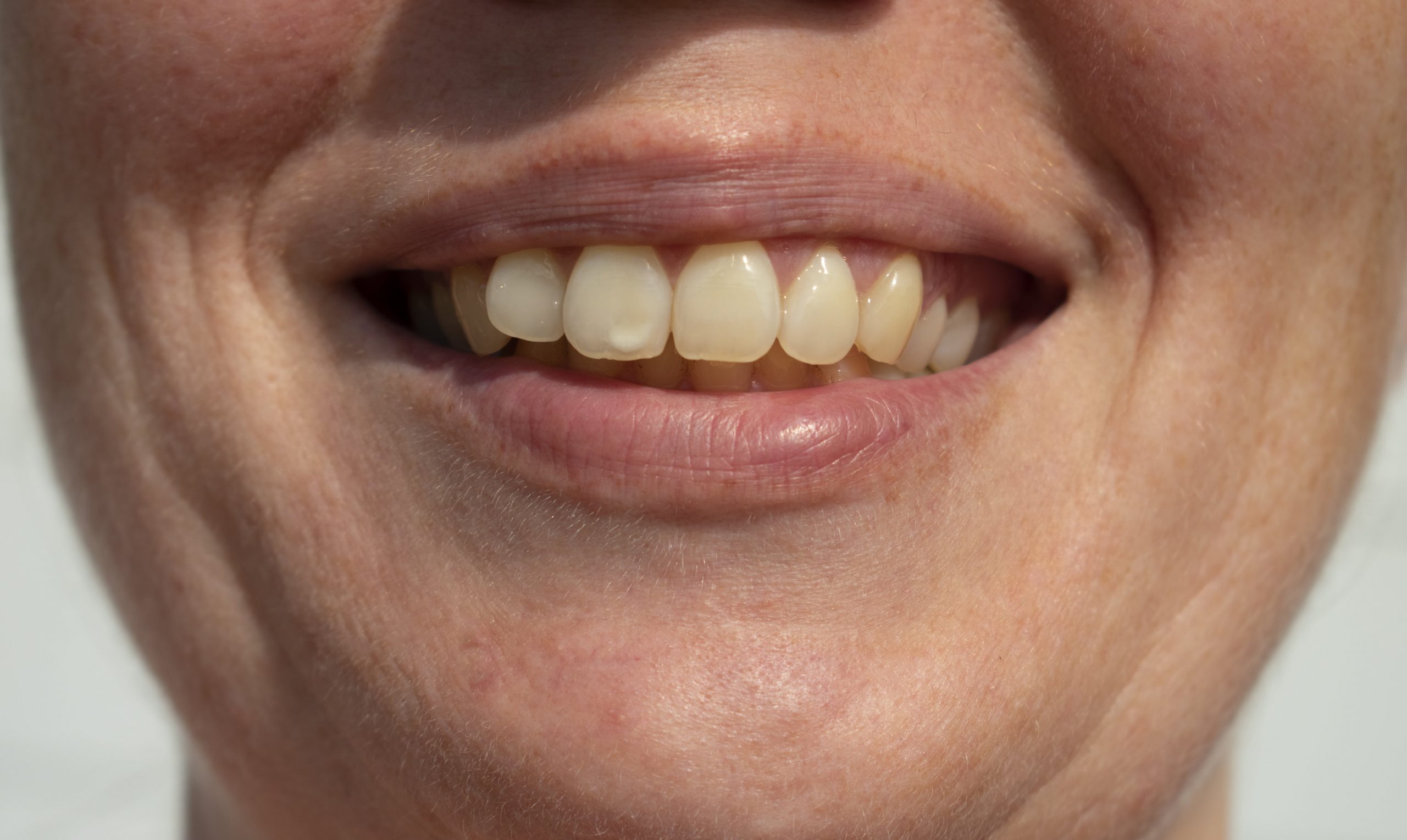
Tooth decay, also called cavities or caries, is a common dental problem characterised by permanently damaged areas in the hard surface of the teeth that form tiny holes. They result from different factors, including sugary drinks, lack of proper dental hygiene, frequent snacking and bacteria in the mouth.
Untreated tooth decay can become larger and affect deeper tooth layers, leading to infection, tooth loss and severe toothache. You can protect yourself from tooth decay by maintaining a good oral hygiene routine and visiting your dentist regularly.
Book an AppointmentWhen you visit your dentist, they can diagnose tooth decay by:

Your dentist can identify cavities and other dental conditions during your regular dental check-ups before they become more severe and cause life-threatening issues. Seeking dental care early for cavities increases the likelihood of reversing the condition at its earliest stage and preventing it from advancing. If you get treatment for tooth decay before it starts causing pain, you won’t need extensive treatment.
If you experience tooth sensitivity or pain, ensure you schedule an appointment with your dentist. While preparing for the appointment, here are some things to help you prepare;
Before your appointment, list the following:
The following are basic questions you can ask your dentist;
Your dentist may ask some questions to help reach an accurate diagnosis, so you need to prepare to answer these questions correctly to save your time.
Some questions your dentist may ask include:
While waiting for your appointment with the dentist, taking the following steps can help reduce your tooth pain;